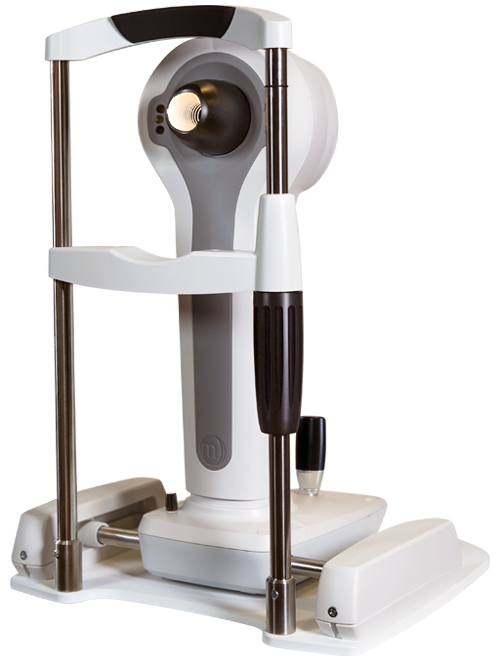
Reimagine the way you see and experience topographical insights and more…
medmont meridia™
Advanced Topographer
The medmont meridia™ Advanced Topographer offer NEW multi-modal eye health evaluations. One key addition are the Dry Eye Disease applications with many more choices designed to provide clarity in your approach, convenience in your workflow, and confidence in your decision.
See clearly, process optimally
The Medmont Meridia Advanced Topographer introduces a new level of clarity with a full suite of high-resolution images, an increased field of view and additional applications to clearly enhance your practice’s capabilities for better patient care.
Elevating to a New Standard
The medmont meridia carries forward the E300’s globally trusted 20-year legacy of expertise, reliability, and best-in-class accuracy for contact lens fitting to a single multi-purpose system aimed to advance patient care and a practitioners ROI.
With the latest imaging technology, medmont meridia enhances topography imaging by offering a larger field of view, delivering more of the patient’s eye in a full color single image. Along with Medmont’s proven composite map technology, this enables more clarity and confidence in your evaluations and fitting strategies, delivering higher first fit success and reduced chair time.
The medmont meridia was designed to give your practice a standardized choice with many clinical applications in a single platform. Along with the advancement in corneal topography technology, medmont meridia also expands your choices and business. Choices, such as, premium Anterior and Fluorescein imaging and videos, enhanced Meibography imaging, clear Tear Meniscus Height and Tear Break-up Time measurements and more. Overall, the new standard in Medmont topography enables higher per-patient and space utilization while allowing you to develop and extend your dry eye and specialty lens business — optimizing your ROI.
Encourages Patient Engagement
medmont meridia is designed to encourage patient engagement leading to better patient compliance, repeat office visits, and more referral business. medmont meridia with Medmont Studio brings proven clinical grading scales, meaningful and actionable patient views, and visual patient reports to facilitate patient consultations and treatment strategies.
Topography Simplified
Without dexterity, precision, control and comfort no hand intensive device can provide successful outcomes for the clinical professional and the patient. The medmont meridia platform incorporates an advanced ergonomic design with five quick keys on the instrument. This design, coupled with the software guidance tools add to the all-in-one platform that encourage efficient workflows and space usage that you can standardize on.
Media Gallery
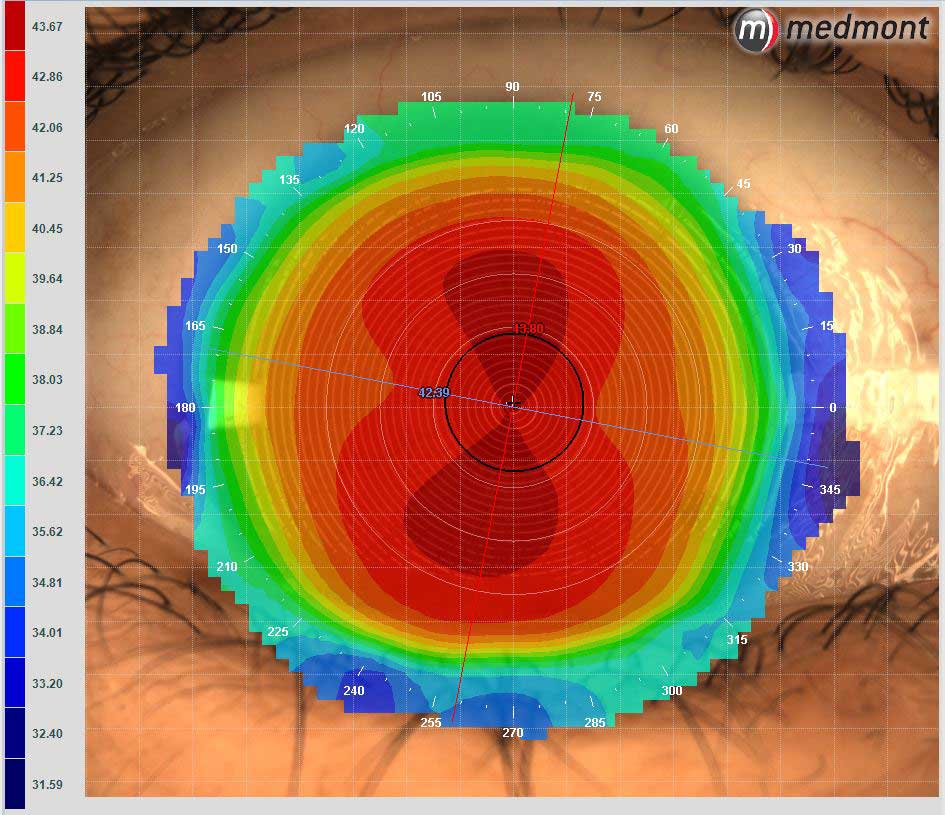
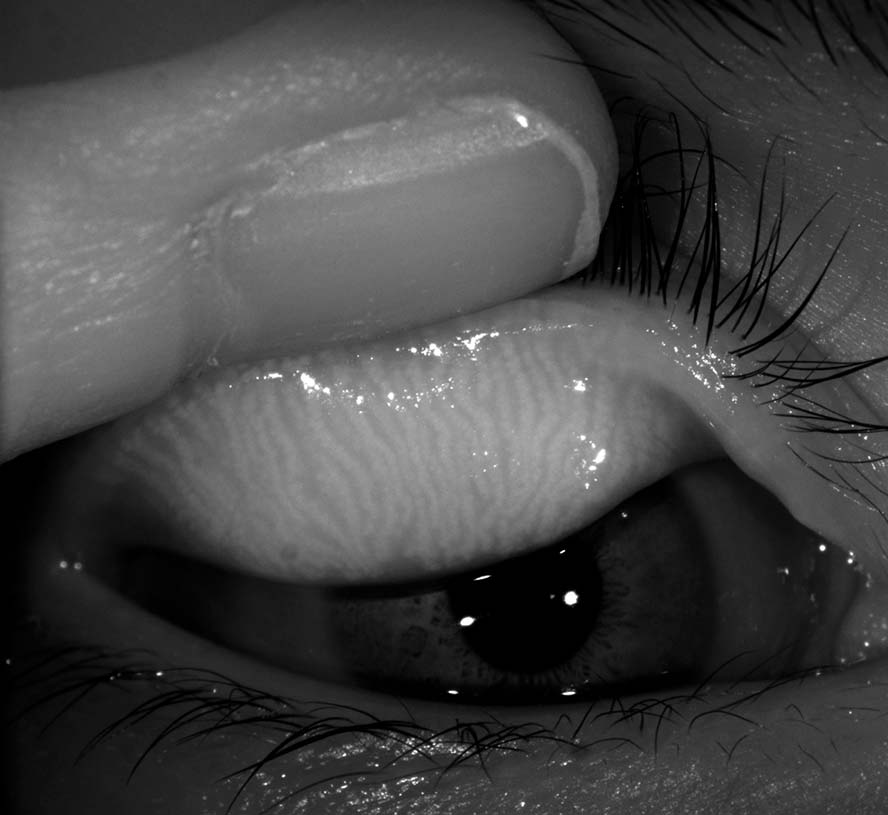
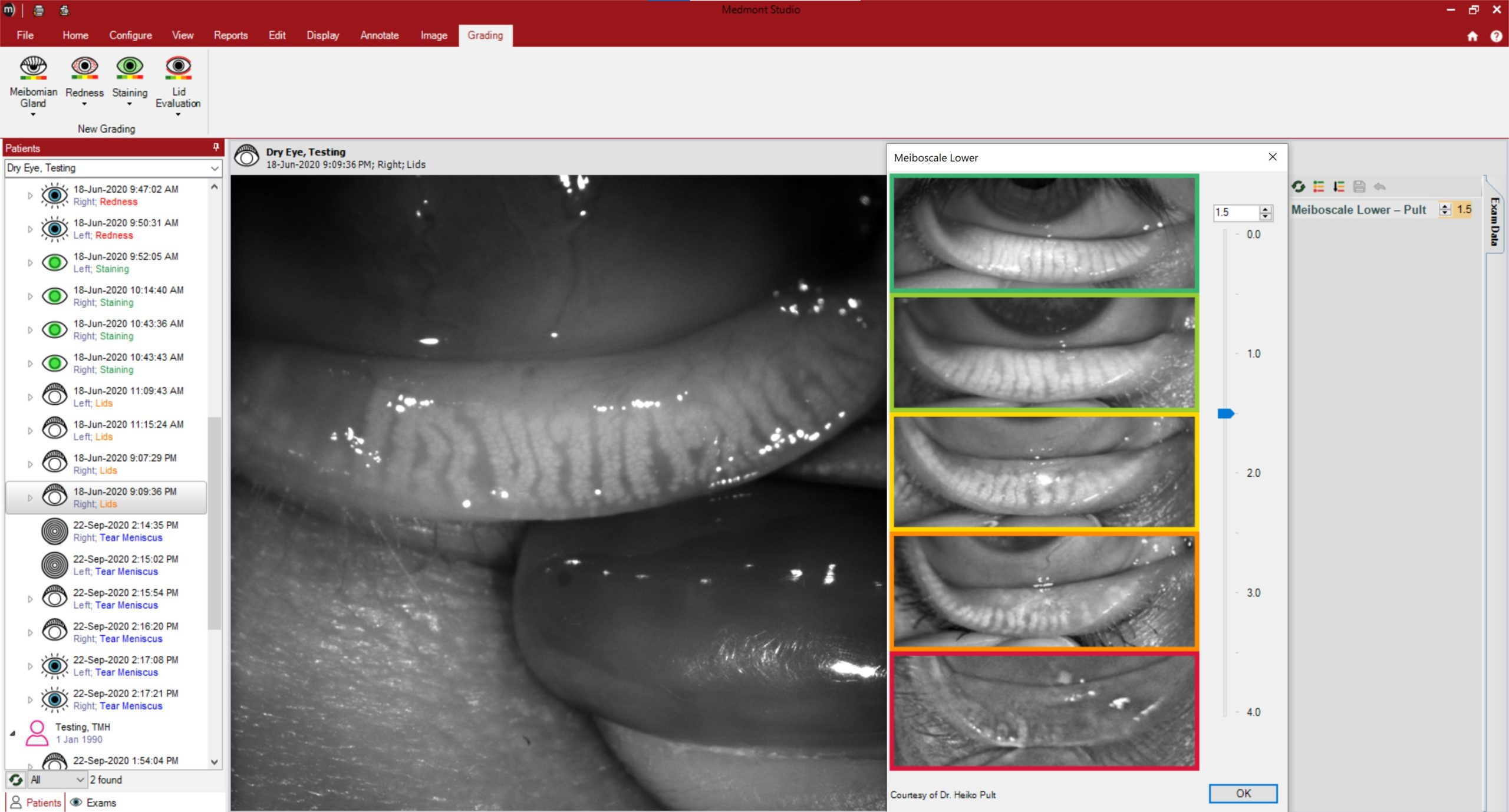
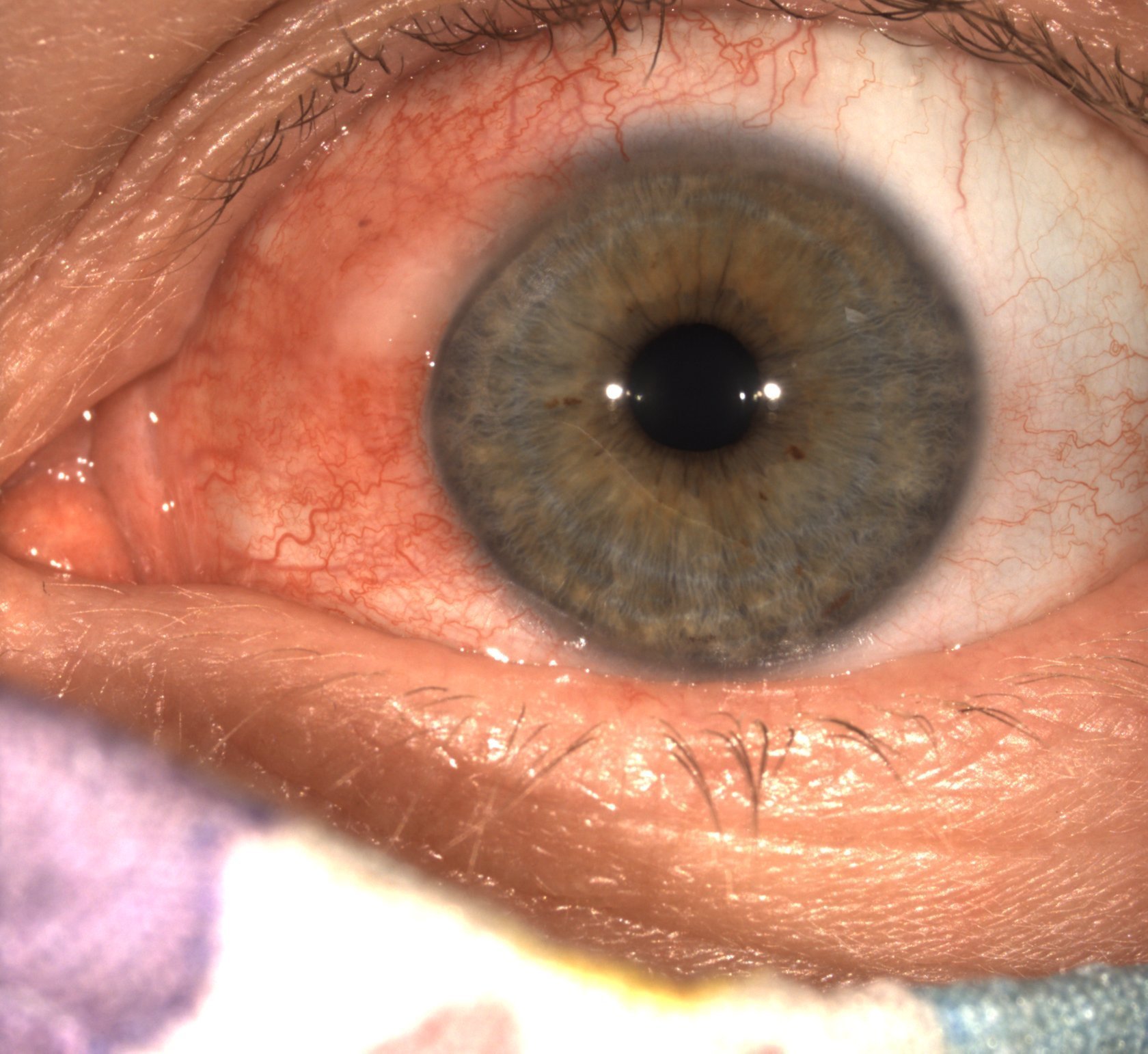
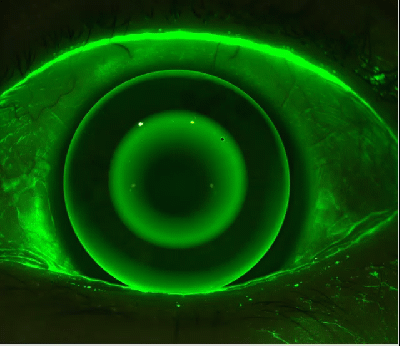
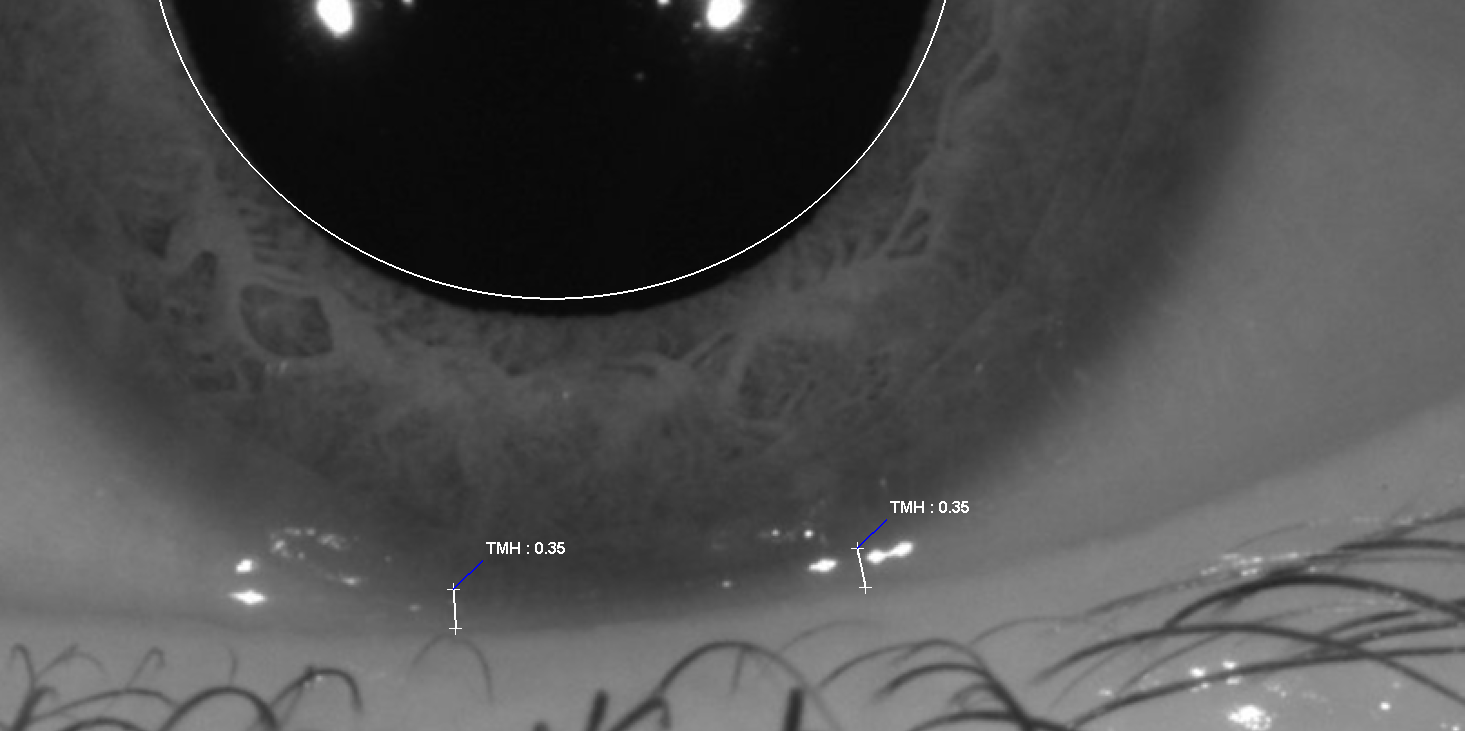
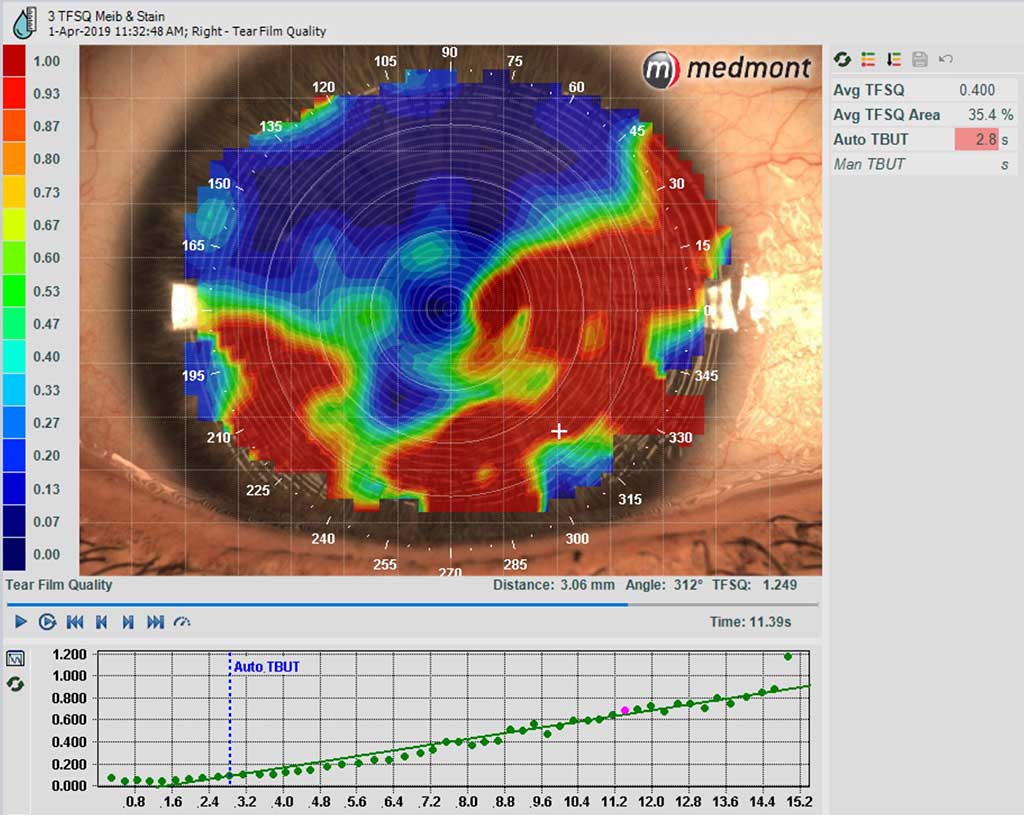
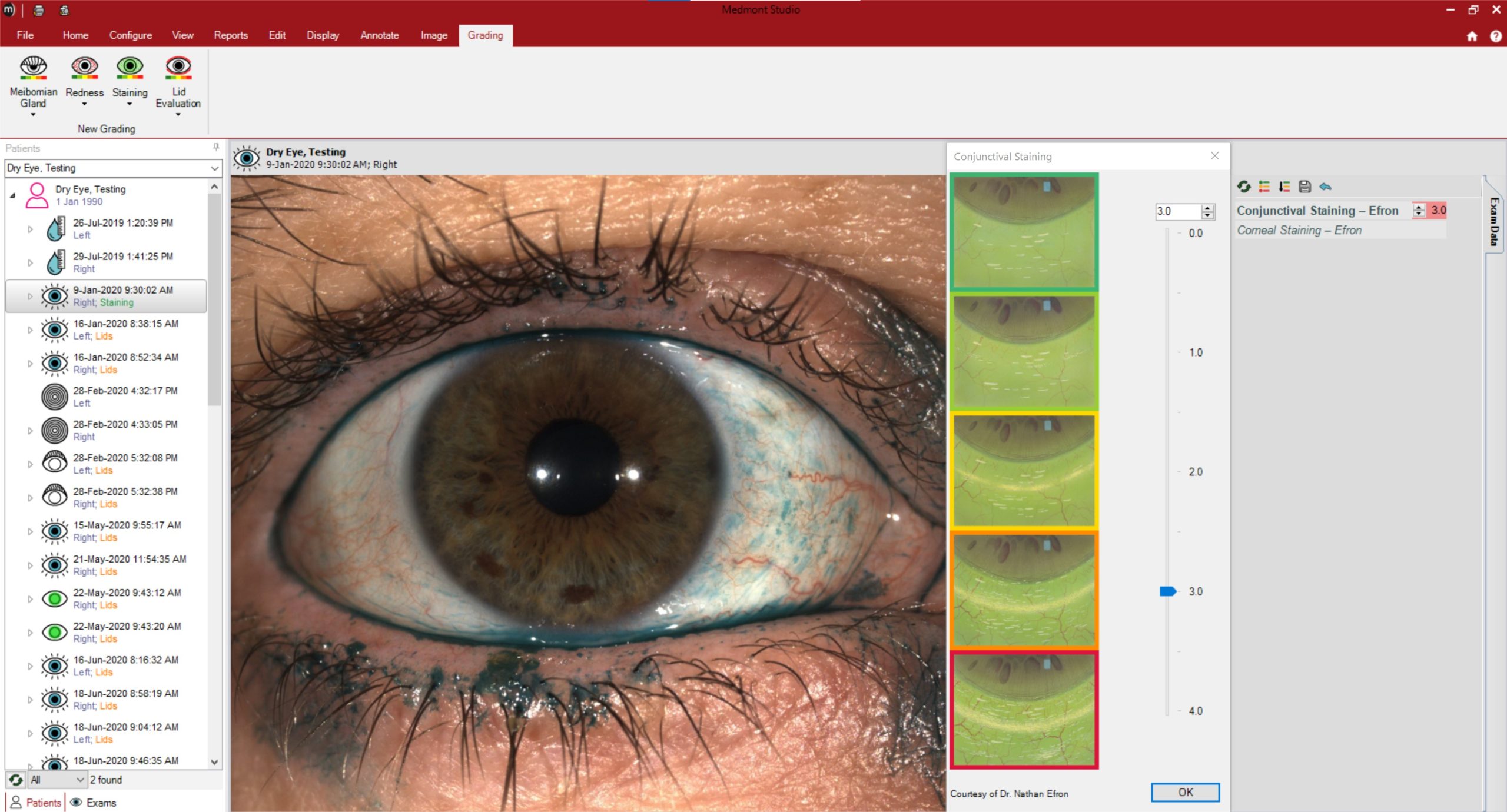

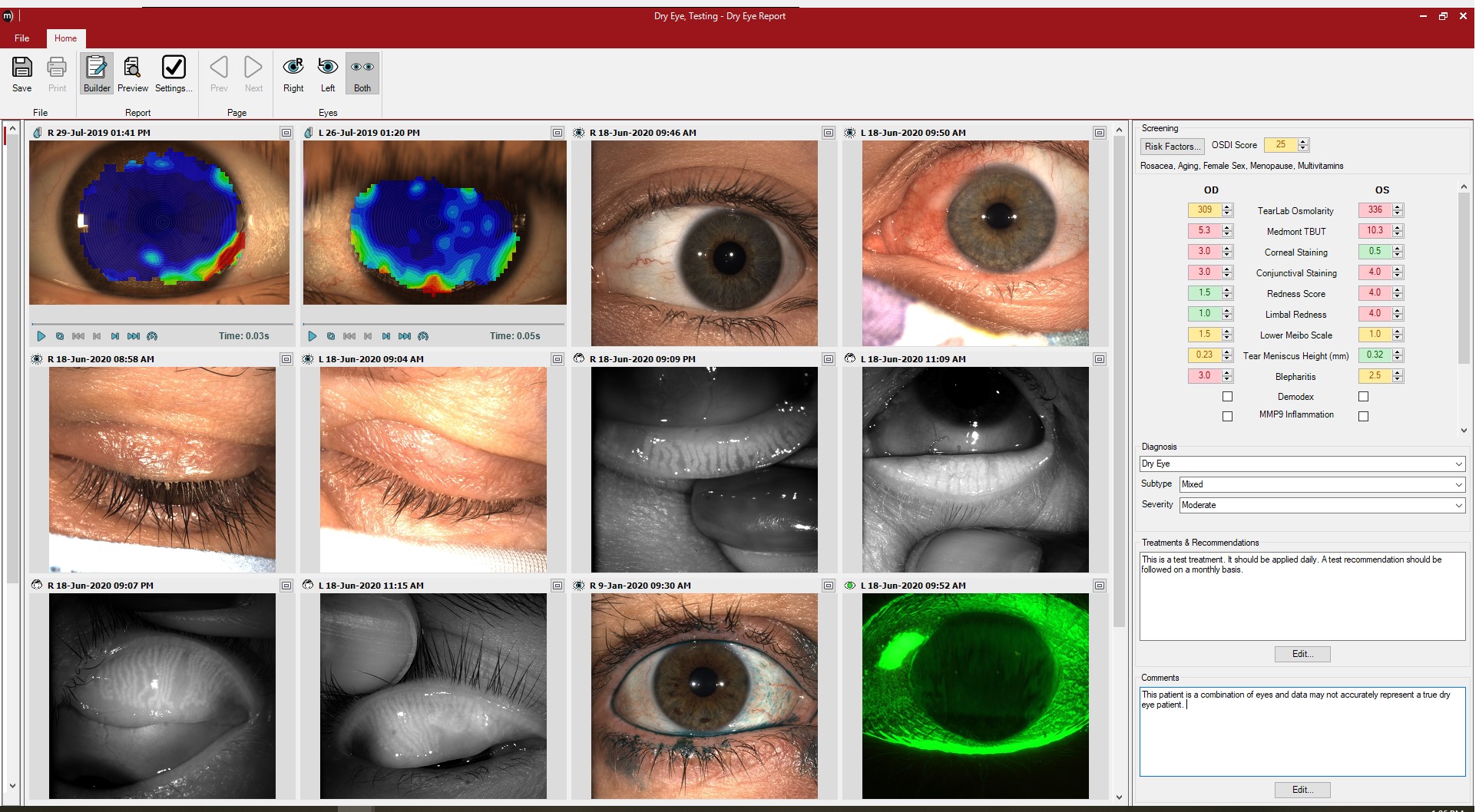
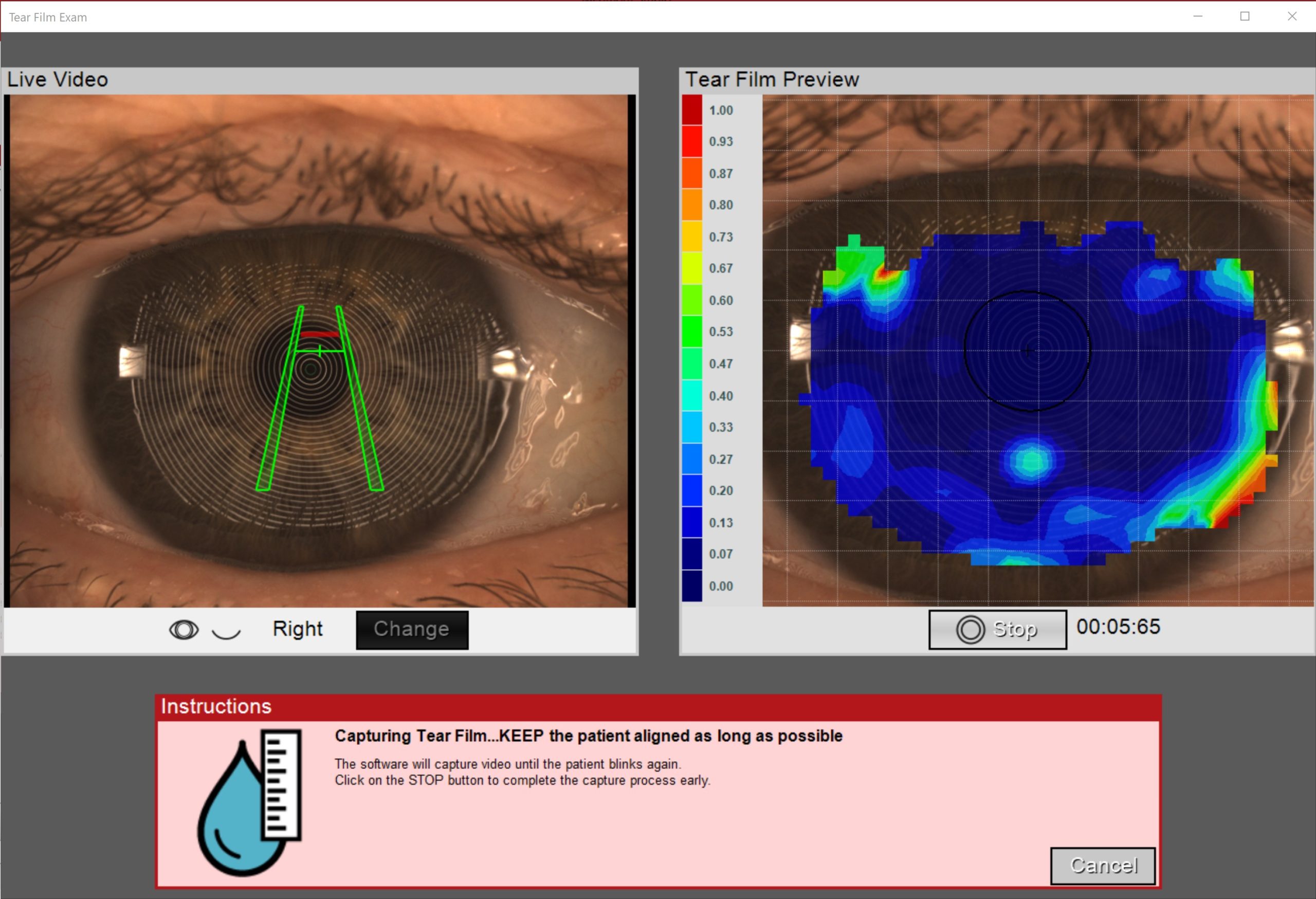
Specification
Size
- Weight : 10kg
- Height : 470mm
- Width : 235mm
- Depth : 345mm
- Shipping Size : 416mm x 416mm x 660mm, 15 kg
Performance
- Coverage : Standard: 0.25 –11mm TCC (Composite): Limbus to Limbus Extrapolated Data Point Coverage: Limbus to 18mm
- Field of View : Topography: 17.5 mm (H) Fluorescein: 20.0 mm (H) Anterior Image: 26.0 mm(H) Meibomian Image: 26.0 mm (H)
- Repeatability/Accuracy (Test Object) : 0.1 Diopters
- Power Range : 10 –100 Diopters
- Number of Rings : 32
- Measurement Points : 102,000 Analyzed Points
Computer Minimum Requirements
- PC and Mains Powered Peripherals : EN/IEC60950 Compliant
- PC Requirements : Microsoft™ Windows™ 10 Pro (recommended) or Home (64 and 32 bit editions) Windows Server 2016 or 2019 (64-bit edition only). Processor: Intel™ i5 generation 6 or later Motherboard: Genuine Intel™ chipset highly recommended. Memory: 8 GB for non-video captures, 16 GB for video captures. Hard Disk Space: 40 GB for non-video, 200GB for video captures (More for larger databases or busy practices). Video cards: GPUs with dedicated memory of 2 Gig or more are recommended. Screen resolution: Recommended 1920 x 1080; Minimum supported: 1280 x 720
- USB : USB 3.1 Gen 1 Compliant port on the PC
Electrical
- Rated Supply Voltage : 100-240 VAC, 50/60 Hz
- Rated Input : 0.19 amps MAX
- Isolation Transformer : Medical Grade, compliant with IEC 60601-1 Min. 500W, min. 4x IEC C13 Outlets, specified for use at national mains voltage
